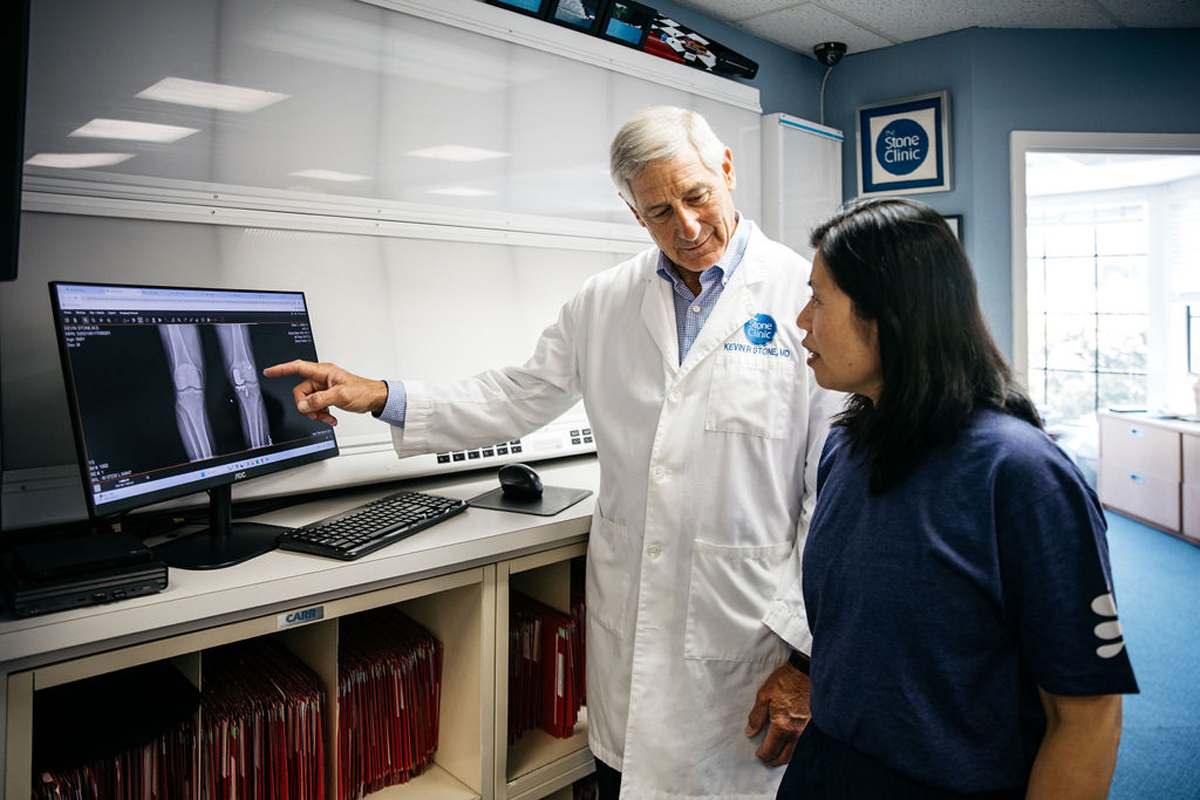What Older Doctors Know
Age and experience will trump youth and recent training....most of the time. Here are a few examples:
Older doctors rock. They are getting harder to find; especially the internal medicine ones who have been driven out of business by the reduction in reimbursement for care given. But when you do find a good one, keep them.
Experienced doctors listen to patients. The patient (most of the time) has a good idea about what is really wrong with them, and what works for them to get better. Having the time to listen, and the motivation to do so, leads to the start of great care. Limitations on time are the enemy.
Experienced doctors examine patients. The quality of the physical exam varies dramatically amongst doctors. It is the one area in which AI will never catch up—nor will caregivers with only a few years of training.
Experienced, well-trained doctors have years of differential diagnosis challenges under their belts. Their ears listen to the sounds of the body and pick up the discordant notes. Their eyes see the physical presentations of disease that can affect isolated areas or entire bodies. Their eyes see the social and emotional stresses affecting the health of the patient, and catch the families’ concerns—even if they are not expressed. They see the entire body undressed so that the entire human being can be assessed. The doctor’s careful physical exam, laying hands on the patient, may be the most critical part. Whether a specialist or a generalist, a surgeon or an internist, the physician notes the individual parts that drove the patient in but puts the problem in the context of the entire patient.
Experienced doctors order the most relevant tests and review them personally. Outside doctors—such as radiologists—can’t possibly know the full context in which the patient presents. For example, I see many missed diagnoses from radiology reports. This is often not the radiologist’s fault but is due to the lack of a detailed patient history that would allow them to put in context whether the findings on the films are new or old, significant or not.
Experienced doctors avoid the many screening studies that lead to concern without action. Many genetics screening tests, whole body MRIs, and blood tests for wide varieties of metals and other immunologic variants fall into this region.
Experienced surgeons—and others in technical fields, such as interventional radiology—develop the skills to do the procedures in the fewest steps, with the most elegant maneuvers, thus achieving the best outcomes and avoiding complications. And experienced surgeons know that each surgery, each patient, each tissue is unique; and every procedure can be made better. If empowered to do so, experienced surgeons get better outcomes.
Experienced doctors follow up with patients. Not just to see how they are doing, but to learn which interventions worked and which didn’t. Every patient is a unique learning opportunity. When the doctor and the patient share the journey, the successes are celebrated and the failures noted quickly with new tactics applied.
It doesn’t actually take decades to become an experienced doctor. It takes maximizing the content of each patient interaction—and pretty soon, by the mathematics of doubling, the doctor becomes infinitely more knowledgeable. And yes: Thanks to the brilliance of AI, doctors will soon have the world’s knowledge at their fingertips. But they will also know that you, the patient, are an N of 1, and that your knowledge and intuition count the most.
